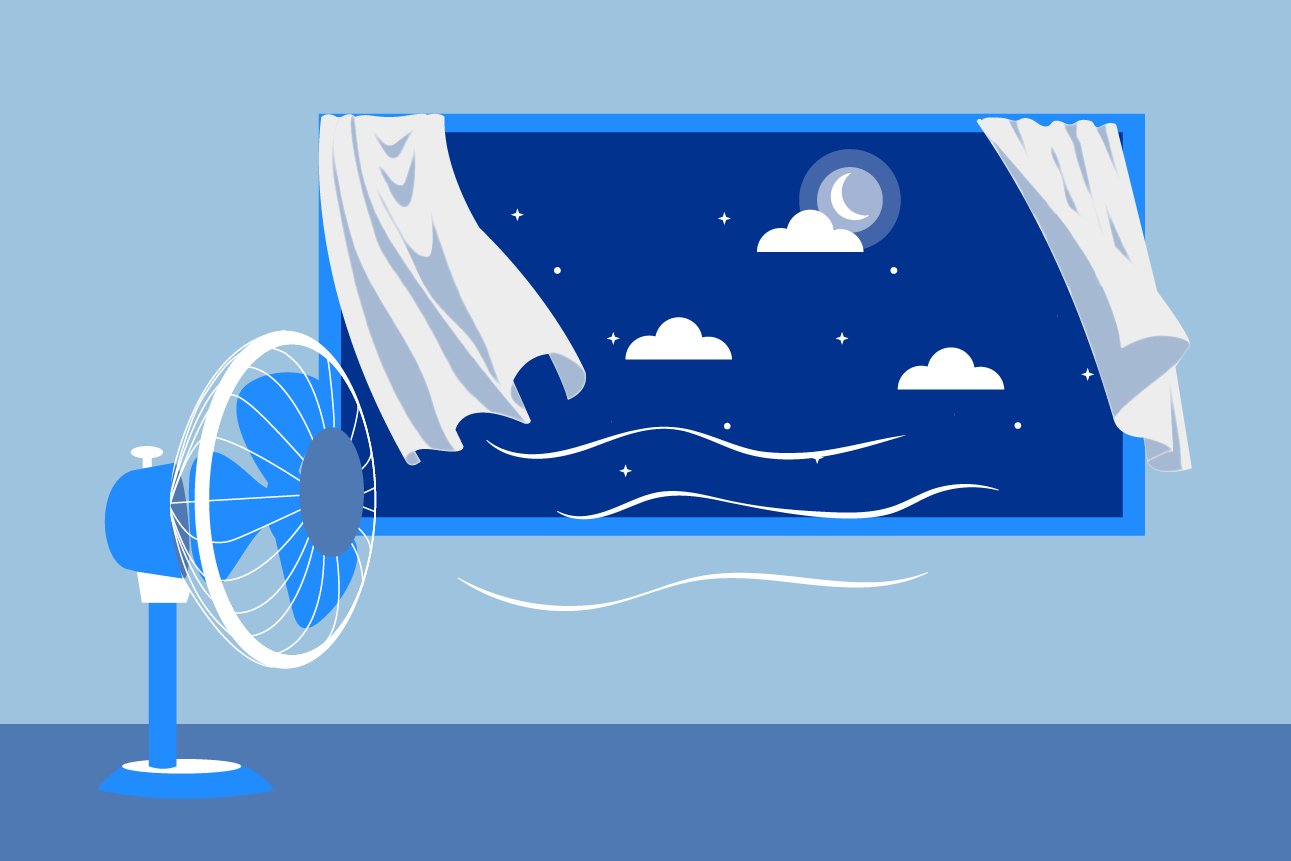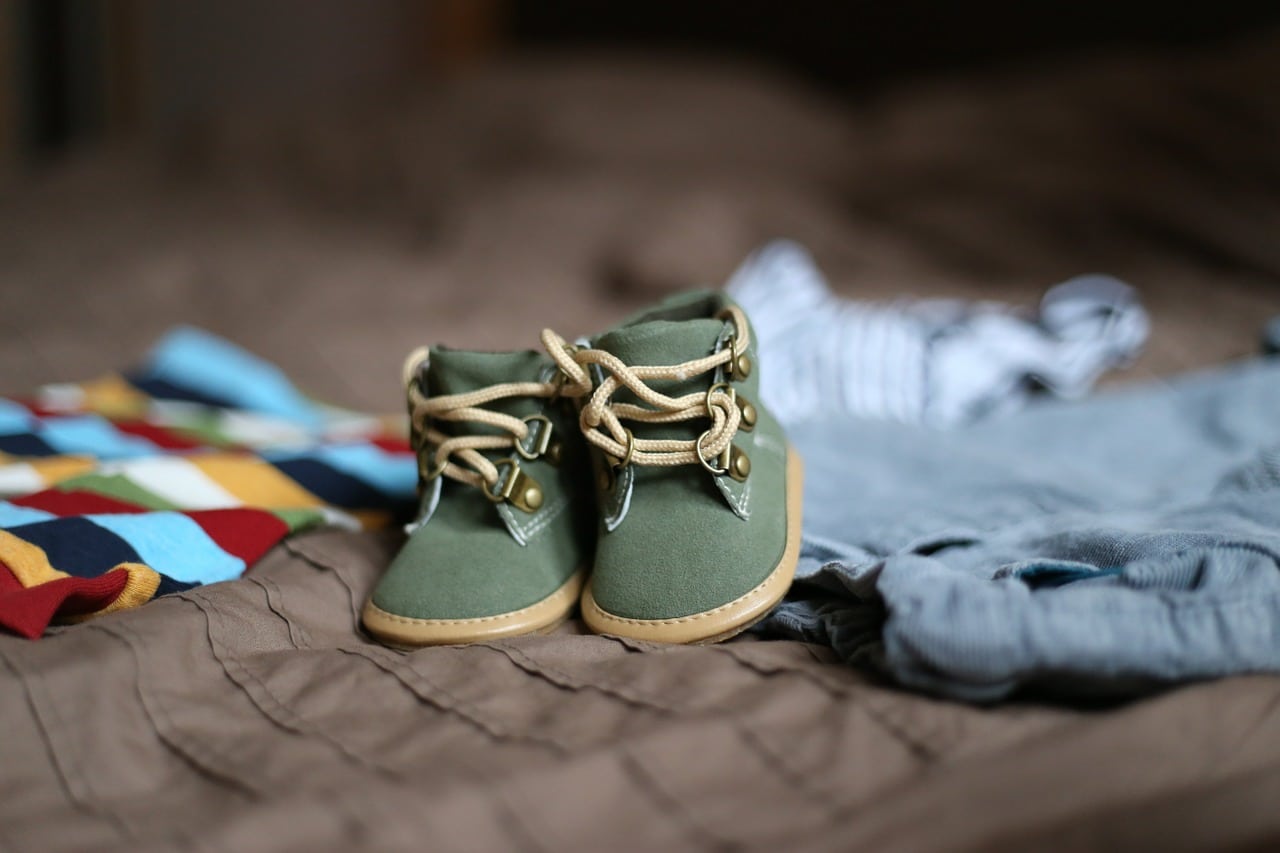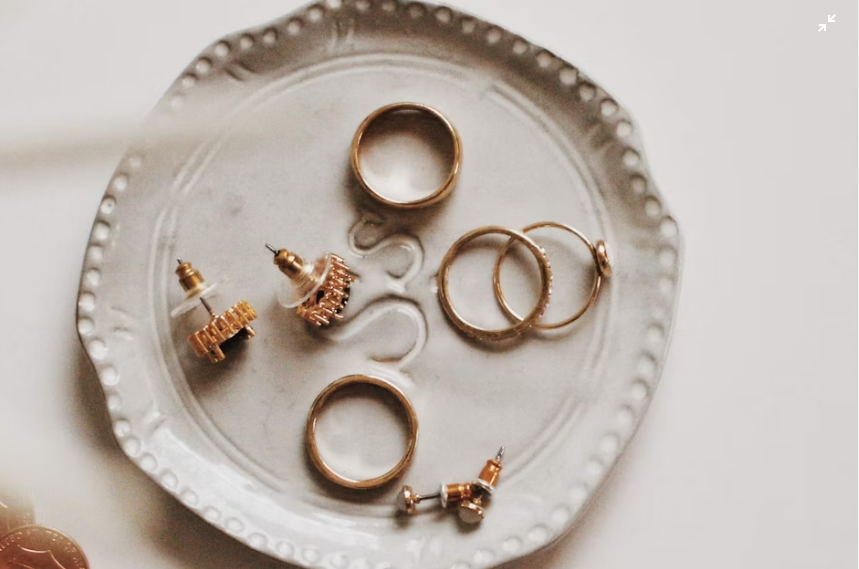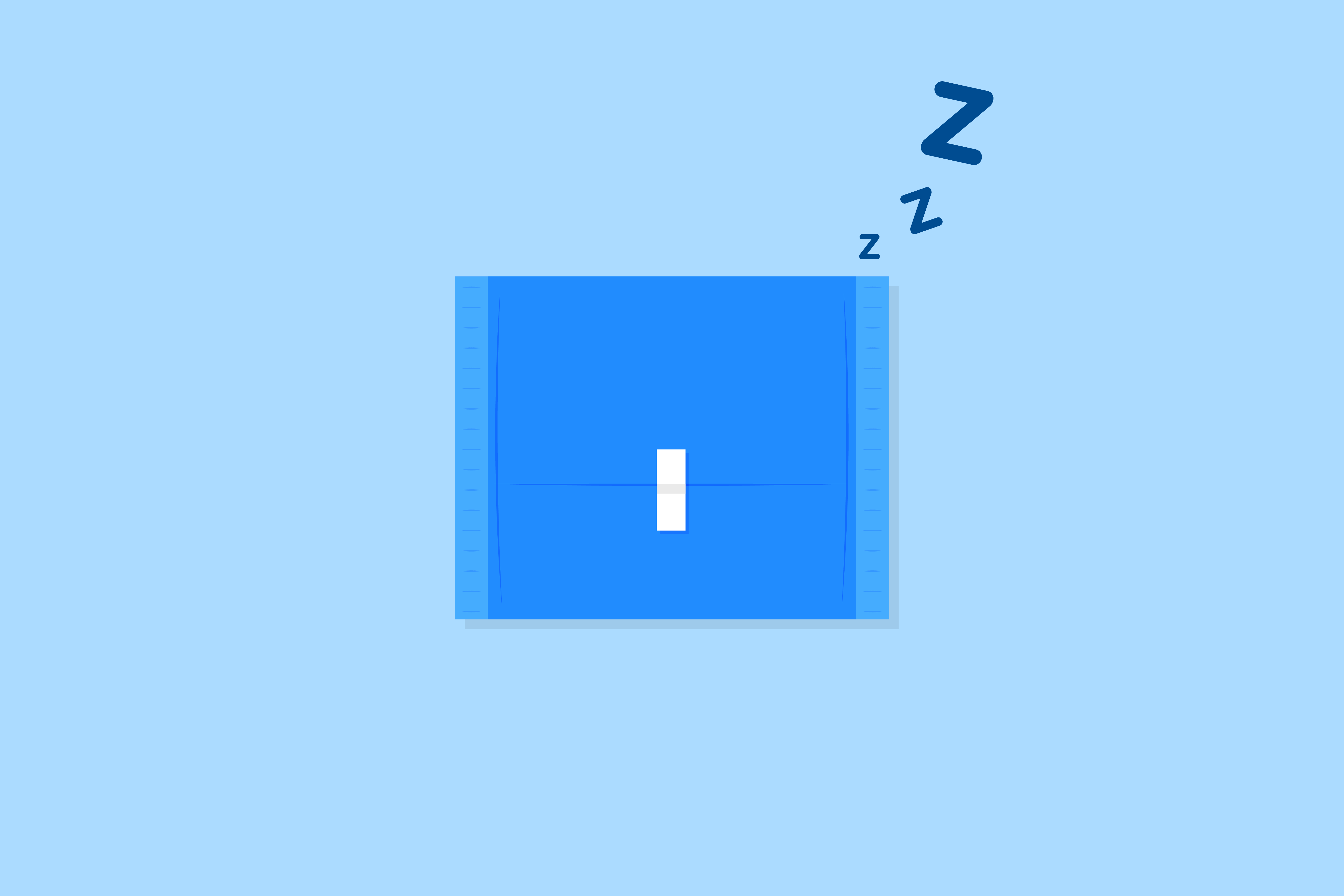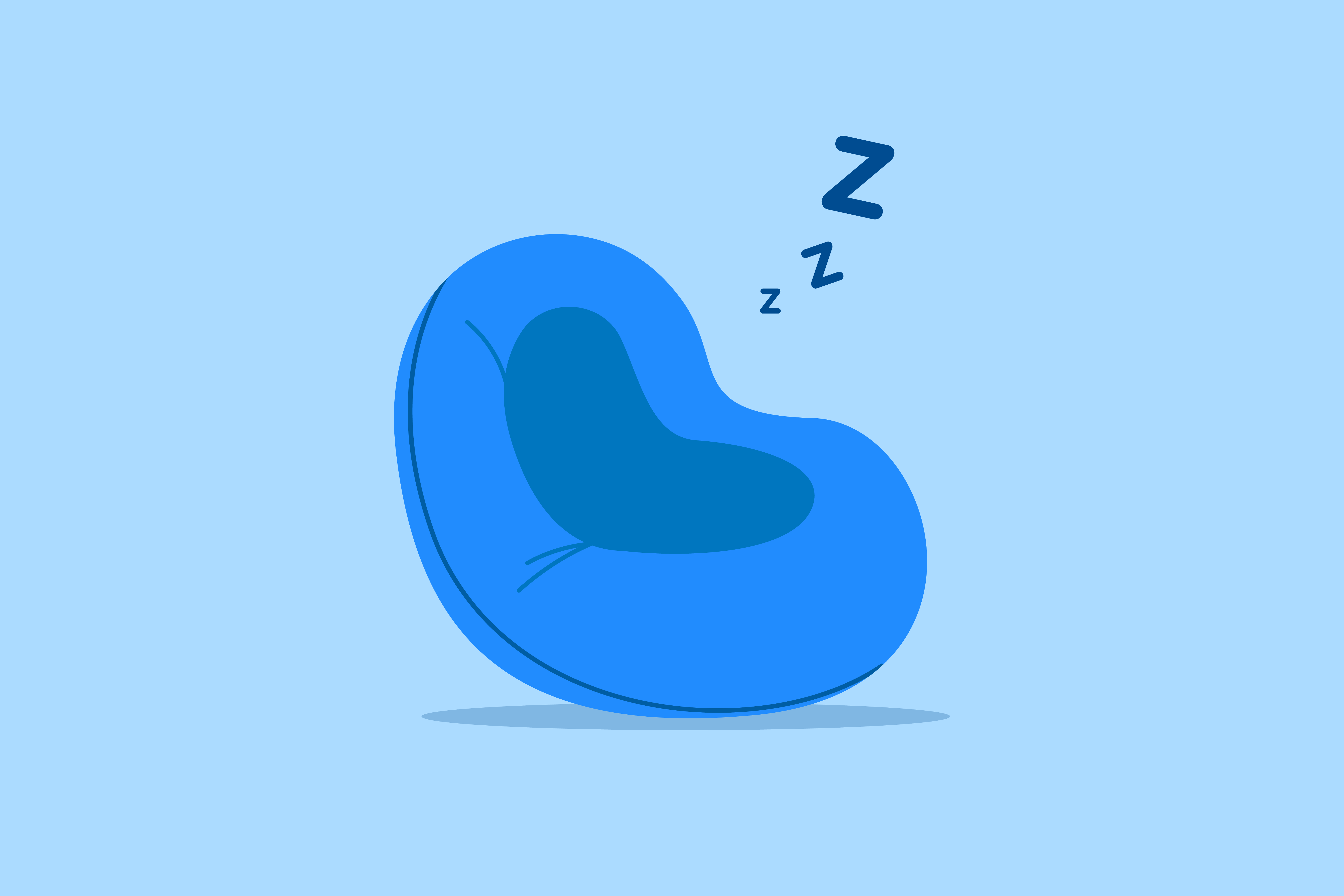Key Takeaways
- Impact of Heat Waves on Sleep and Health: Nighttime temperatures rising due to heat waves lead to reduced sleep quality. Heat waves disrupt sleep routines by preventing the body from maintaining an optimal temperature for rest. Poor sleep quality is associated with various negative health effects, making it crucial to prepare for heat wave conditions.
- Effects of High Temperatures on Sleep: Nighttime temperatures are generally cooler and more conducive to sleep. However, high environmental temperatures during heat waves interfere with the body’s thermoregulation, causing difficulties falling and staying asleep.
- Health Consequences of Excessive Heat: Excessive heat can lead to dehydration, heat exhaustion, and heat stroke due to excess loss of fluids and electrolytes. High temperatures strain the cardiovascular system, exacerbate respiratory issues, and lead to skin breakouts. Mood, behavior, and cognitive function are negatively affected by heat, with increased irritability and reduced cognitive performance observed.
Heat waves are disturbing not just the daytime activities but your sleep routine. As temperature soars, the human body struggles to maintain the optimal temperature for rest, resulting in restless nights.
A study published Verified Source National Library of Medicine (NIH) World’s largest medical library, making biomedical data and information more accessible. View source in the journal Science Advances found that an increase in nighttime temperatures reduces human sleep quality.
As sleep is associated with a cascade of negative health effects, it is vital to prepare for times of heat waves.
Here’s how to sleep during a heat wave.
Quick Guide: A 30-Second Summary
| Best Cooling Mattress Overall | Amerisleep AS3 |
| Best Cooling Pillow Overall | Amerisleep Comfort Classic |
| Best Cooling Sheets Overall | Amerisleep Bamboo Sheets |
“During a heat wave, creating a cool sleeping environment is key,” Dr. Devon Hoffman recommends. “Use breathable bedding and consider a mattress with cooling technology to enhance sleep quality.”
How Do High Temperatures Affect Sleep?
A mix of biological and environmental factors plays a pivotal role in ensuring you have quality sleep. The core body’s temperature decreases as we prepare for sleep which aids the transition into deeper sleep stages.
“Core body temperature (the “inside” temperature of the body) naturally fluctuates throughout the day, and there is an optimal temperature range for sleep,” says Dr. Renske Lok. “During sleep, the body’s temperature regulation system is designed to help dissipate heat, resulting in a cooler core body temperature. This temperature tends to be lower during the biological night, which is why cooler temperatures are often more conducive to sleep.”
Dr. Naynatara Santhi expounds further upon this point, saying that, “Our body temperature is regulated by circadian rhythmicity, such that, our core temperature begins to decline before sleep, further decreasing as we enter NREM sleep. Since we lose heat through skin, our skin temperature rises as the core body temperature declines at night.”
“This synchronization of sleep, the core body temperature rhythm, and skin temperature suggests that local skin warming may be effective for inducing good sleep and there is growing evidence in support of this. Alternatively, cooling our sleeping environment is also beneficial for sleep. It is the case that sleep occurs after sunset, which is the cooler part of the day.”
The high environmental temperatures we experience during heat waves interfere with the natural thermoregulation process of the body. It disrupts the natural process of temperature decrease in the body and results in difficulties in falling and staying asleep.
According to a study published Verified Source National Library of Medicine (NIH) World’s largest medical library, making biomedical data and information more accessible. View source in the journal Frontiers in Neuroscience, the optimal room temperature for a night of sound sleep is approximately 19–21 degrees Celsius.If the temperature rises above this mark, our body’s natural wind-down phenomenon gets disturbed. It struggles to achieve that optimal drop in core temperature required to fall into the rapid eye movement or REM sleep — a critical phase for memory and mood regulation.
For non-rapid eye movement (NREM), which is another stage of sleep, the body stays sensitive to environmental temperatures. In case you are too warm, you will experience frequent awakenings.
These disruptions don’t let you fall into the second and third stages of the NERM, which are essential for you to feel rested.
How Hot Temperatures Can Affect Your Body
When the body struggles with thermoregulation, so many psychological and physiological functions get affected. Here’s a list of dysfunctions that occurs Verified Source National Library of Medicine (NIH) World’s largest medical library, making biomedical data and information more accessible. View source in our bodies if we don’t take efforts to stay safe.
- Dehydration: Sweating is the primary way for our body to cool down. However, during a heat wave, excessive sweating can lead to dehydration Verified Source National Library of Medicine (NIH) World’s largest medical library, making biomedical data and information more accessible. View source due to excess loss of vital fluids and electrolytes. It is also a precursor of heat exhaustion and heat stroke.
- Heat Exhaustion: When the body finds it difficult to regulate the temperature, symptoms of heat exhaustion Verified Source National Library of Medicine (NIH) World’s largest medical library, making biomedical data and information more accessible. View source like rapid pulse, headache, muscle cramps, and heavy sweating occurs.
- Heat Stroke: When the body can no longer control its temperature, the sweating mechanism fails due to a rapid rise in the body temperature ( typically above Verified Source National Library of Medicine (NIH) World’s largest medical library, making biomedical data and information more accessible. View source 40 degrees Celsius).
- Cardiovascular Strain: Due to high temperature during a heat wave, the heart has to work harder Verified Source Harvard Health Blog run by Harvard Medical School offering in-depth guides to better health and articles on medical breakthroughs. View source in hot conditions to pump blood to the skin’s surface for cooling. In the case of pre-existing heart conditions, this workload can increase the pressure on the heart.
- Respiratory Challenges: Respiratory problems exacerbates during hot and humid weather. For people with asthma and COPD, breathing becomes Verified Source National Library of Medicine (NIH) World’s largest medical library, making biomedical data and information more accessible. View source heavier and more laborious.
- Skin Breakouts: Prolonged exposure to heat results in rashes and small red bumps on the skin. Excessive sweating also causes Verified Source National Library of Medicine (NIH) World’s largest medical library, making biomedical data and information more accessible. View source pores blockage, leading to breakouts.
- Mood & Behavior: High temperature affects our mood Verified Source National Library of Medicine (NIH) World’s largest medical library, making biomedical data and information more accessible. View source , behavior and overall mental health. Verified Source National Library of Medicine (NIH) World’s largest medical library, making biomedical data and information more accessible. View source Such temperatures cause irritability, aggression, and a decreased ability to concentrate.
- Cognitive Impairments: A study from Harvard T.H. Chan School of Public Health found that students who lived in dorms without air conditioning during a heat wave performed worse Verified Source Harvard Health Blog run by Harvard Medical School offering in-depth guides to better health and articles on medical breakthroughs. View source on a series of cognitive tests compared to those who lived in AC.
“During sleep, the body’s temperature regulation system is designed to help dissipate heat, resulting in a cooler core body temperature. This temperature tends to be lower during the biological night, which is why cooler temperatures are often more conducive to sleep.”
Dr. Renske Lok, Stanford Researcher
How to Sleep Cooler During a Heat Wave
Here are some tips you can use to easily fall asleep during a heat wave.
1. Optimize Air Circulation
Air circulation and ventilation can help maintain the temperature of your bedroom — an essential element for quality sleep.
“Use a window air conditioner or a portable air conditioning unit if available,” says Dr. Renske Lok. “Make sure the bedroom is adequately cooled before you go to sleep.”
However, while air conditioning might be the obvious solution, you can try leaving it off and sleeping with a fan on to save electricity.
Strategically placed fans can push hot air out and help you lower the temperature of your bedroom. Installing or positioning a fan near your window can help you push out the hot air and draw in cooler air from outside. Ceiling fans and bedside fans can also help you stay cool at night, and some find the background noise also helps them unwind and drift off to sleep.
If you have access to multiple fans, you can use them in a way to create a cross-breeze. Placing a fan by the bedroom door can help draw air through the room and into other parts of the house, especially useful if you have windows on opposite sides of the room. Positioning a fan across from your bed, either on the floor or on a raised surface, can work with a personal bedside fan to help regulate your body temperature while you sleep.
“Fans make a big difference,” Dr. Stuart Peirson says. “Even a small fan by the bedside can help, directed at areas like your feet outside the covers.”
Opening up windows can also help let the warm air out, but you might need blackout curtains to block outside light. Though even if it’s dark out, opening the window may not help your room cool down if there’s not a breeze going outside. Similar principles can apply if you’re debating whether to sleep with your door open or closed.
“If it is hot outside on a night and there isn’t much air movement, opening a window can actually let in more heat rather than helping you cool down,” says Dr. Peirson.
2. Block Out Sunlight
Install blackout curtains or blinds to prevent sunlight from entering your room. The extra light will heat up your room. Another good option to prevent sunlight is reflective window films, which can be effective in deflecting the sun’s rays.
“Keep curtains and blinds closed during the day to block out the sun’s heat,” says Dr. Lok. “You can open them during the evening if the outside temperature drops.”
However, it’s important to consider ways you still might reap the benefits of morning sunlight, as it can help you maintain a healthy sleep-wake cycle. While you might be keeping it from streaming into your bedroom first thing in the morning, you might want to sit outside or take an early morning walk to soak up the light and beat the worst of the heat.
3. Change Your Sleeping Arrangement
During a heat wave, sleeping on your mattress can be very uncomfortable. While you can switch up the bedding or even the mattress, there are other ways you can try to improve your comfort.
We suggest temporarily sleeping on the ground floor or on a lower floor if you live in a multi-story home. The coolest option of all would be a basement, but naturally, this is not a feature present in all homes. You may also have to work to make your basement bedroom suitable and safe.
You might also want to put your mattress on the floor or lower to the ground, as warm air rises in a room.
And if you are still sleeping on the mattress instead of ditching it for the ground, choose the right option. The memory foam mattress is supportive, comfy, and cushiony, but it tends to trap body heat. However, innerspring and hybrid mattresses have built-in cooling technology to help you sleep on hot nights.
If you have multiple rooms and a big space, consider sleeping in an area with active ventilation and cool air. If you have an air purifier for its benefits, you might even be able to adjust its fan settings to contribute a slight breeze, along with its usual benefits of minimizing indoor pollutants.
You might also want to look into ways you can cool down your room without relying on AC or even sleeping with a fan on, as there are unusual hacks such as hanging slightly wet towels by an open window.
Another hack that can help you stay cool and prevent heat from building up as you sleep is to stick your feet out from the covers. This can help your body’s heat dissipate more swiftly instead of lingering in bed.
Partners who are used to sleeping in the same bed may also want to consider a temporary separation. This can keep bed partners from transferring body heat to each other.
“Sleeping in separate beds can help if you have the space,” notes Dr. Peirson.
However, even separate blankets for couples can reduce heat retention at night, for those who live in a smaller space that can’t support a sleep divorce.
4. Use Cooling Bedding
Breathable bedding is crucial for staying cool because it allows for proper air circulation and heat dissipation, which helps regulate your body temperature during sleep. When you sleep, your body naturally releases heat, and this heat can become trapped between your body and the bedding if it’s not breathable. Such bedding, typically made from lightweight and natural materials like cotton, linen, or bamboo, allows air to flow through the fabric, preventing heat and moisture buildup.
In contrast, bedding materials that are not breathable, such as heavy or synthetic fabrics, can trap heat and create a stifling environment. This can lead to discomfort, excessive sweating, and difficulty maintaining a comfortable sleep temperature. The right bedding also wicks away moisture from your body, preventing dampness and helping to keep you dry throughout the night.
Cooling pads and pillows can also help your body maintain its natural core temperature. To increase your sheets’ cooling feel, try keeping them in the freezer for a few hours then taking them out before bed. There are also some simple hacks to try, too.
“Using a hot water bottle with iced water,” suggests Dr. Peirson. “Freezer ice packs wrapped in a towel can also help.”
5. Cold Water Showers
Taking a cool shower before going to bed can help lower the core body temperature significantly. It will be easier to fall asleep after a cold shower, or you can use a damp washcloth on your forehead, or nack can provide instant relief.
You can also try using a warm bath Verified Source National Library of Medicine (NIH) World’s largest medical library, making biomedical data and information more accessible. View source or hot shower to cool down your body before bed, paradoxical though it may sound. This actually works due to a phenomenon called “evaporative cooling.”
When you expose your body to hot water with a shower before bed, your skin temperature increases, causing your blood vessels to dilate. This allows your body to release excess heat by transferring it to the surface of your skin.
When you step out of the warm shower into a cooler environment, your body starts to sweat to maintain its temperature. As the sweat evaporates from your skin, it takes away heat and cools your body down. This process is similar to how sweating cools you during physical activities.
Along with the effects of evaporative cooling, the contrast between the hot shower and cooler air can create a sensation of cooling due to the body’s perception of temperature changes. This can provide temporary relief from feeling overheated. Just keep the water from getting so hot it causes you discomfort or even burns.
6. Use Lightweight Sleepwear
Light sleepwear made from breathable and natural materials, such as cotton or other moisture-wicking fabrics, allows air to circulate around your body, preventing the buildup of excess heat and moisture. If you’re too warm, you might experience disrupted sleep, night sweats, or wake up feeling uncomfortable. On the other hand, if you’re too cold, your body may struggle to relax, leading to restlessness and difficulty falling asleep.
“When trying to sleep during a heat wave, staying cool is optimal,” says Dr. Nilong Vyas. “You can stay cool by wearing cool clothing, i.e., nothing too bulky or heavy, and choosing a cooling mattress and bedding.”
“And most importantly, don’t lay in bed with a heat-emitting tablet or phone.”
Light sleepwear strikes a balance by providing a layer of insulation without causing you to overheat. After all, no one likes wearing something uncomfortable when the temperature is too high. Alternatively, consider sleeping in minimal clothing for maximum comfort.
7. Take Enough Fluids
Excessive heating can cause loss of vital minerals and electrolytes. You need to stay hydrated for good sleep by taking in enough fluids throughout the day, and you might want to look for electrolyte-infused water to make up for what you’ve lost in sweat and such.
Drinking enough water helps with thermoregulation, and ensuring you’re taking in enough minerals and electrolytes keeps you from feeling nauseated and needing to clean vomit out of your mattress later.
Also, avoid sugary items and caffeinated beverages before bedtime, as both of these can disrupt sleep. If you want to drink more than just plain water, try something like herbal tea for sleep.
8. Avoid Heavy Meals
Eating a large, heavy meal before bedtime increases your metabolic heat. We suggest taking lighter meals that are easier to digest. If possible, get yourself a refreshing drink and try not to overindulge in foods with high amounts of carbs, sugars, saturated fats, or dietary fiber.
9. Exercise Safely for Better Sleep
Regular exercise is a key part of sleep, and it’s important to not let the heat stop you from doing it completely while ensuring you’re not overexerting and overheating yourself. Try to exercise when it’s cool in the early morning, or find ways to work out indoors either at home or in a public gym. Even something as simple as walking around an indoor mall with air conditioning for half an hour can help you fall asleep better at night.
Frequently Asked Questions
How do you cool down a room ASAP?
First, open any windows to promote air circulation. Use curtains or blinds to block out direct sunlight, and if safe, place a bowl of ice in front of a fan to create a makeshift air conditioner. You can also place damp towels or sheets near an open window to catch the breeze and cool the air as it enters. Turning off unnecessary lights and electronics will also help reduce heat production in the room.
How can I cool myself down at night without a fan?
If you don’t have a fan or AC, there are still ways to cool yourself down at night. Put away heavy bedding and go with lightweight, breathable fabrics made from materials like cotton. Try on lightweight and loose-fitting clothing to bed. And some may find they stay cool easier if they stick their feet out from underneath their coverings.
Use natural cooling methods like placing a damp cloth on your forehead or wrists. You can also fill a hot water bottle with cold water and keep it in the freezer for a few hours before bedtime, then place it in your bed to create a cool spot to lie on. For more cooling coverage, try tucking your top sheet or pillowcase into the freezer as well. Lastly, try taking a cool shower before bedtime and opening the window for natural airflow.
How do you sleep in extreme heat and humidity?
Sleeping in extreme heat and humidity can be challenging, but there are strategies to help. Use lightweight, moisture-wicking bedding and clothing to stay dry. Keep windows open for ventilation and use fans or air conditioning if available. Consider using a dehumidifier to reduce humidity levels in the room.
Consider sleeping with a cool, damp cloth on your forehead or a wrung-out damp towel placed under you to help regulate your body temperature. For more coverage, try the ‘Egyptian method’ of wrapping yourself in a lightly wet towel. Also, try taking a cool shower before bed for better sleep.
Why can’t I sleep when it’s hot?
When it’s hot, your body has a harder time dissipating heat, leading to discomfort and restlessness. High temperatures can also disrupt your body’s natural circadian rhythm, which regulates sleep-wake cycles.
Moreover, a hot sleep environment can cause increased tossing and turning, as well as difficulties in reaching the deeper, more restorative stages of sleep. The discomfort caused by heat can also lead to increased awakenings throughout the night.
Where is the best place to sleep when it’s hot?
The best place to sleep on a hot night is a location that maximizes airflow and minimizes heat retention. If possible, choose a room with good cross-ventilation, where windows on opposite sides of the room can be opened to allow a breeze to flow through.
Try moving to a lower floor if you have multiple floors, or even sleep on the ground as heat tends to rise. If your home has air conditioning, set it to a comfortable temperature before bedtime. If you don’t have air conditioning, consider sleeping near a window where you can benefit from cooler nighttime air, with towels lightly damp with icy water hanging to catch the breeze.
Conclusion
The occurrence of heat waves has been increasing Verified Source Wiley Multinational publishing company specializing in academic and instructional materials. View source due to climate changes. Navigating your daily activities, especially sleep, requires smart strategies and mindful choices to help you beat the heat.
Modern cooling choices can be costly, and avoiding overheating on a budget can be tough. However, some cost-effective choices are also available to help you out. Plus, nature provides us with foods and materials that can help the body in thermoregulation.
About the author
April Mayer is a sleep expert and writer with a degree in exercise physiology. She has dedicated her career to exploring the relationship between sleep and productivity. Her insightful articles, such as "The Surprising Way Your Mood Might Be Messing With Your Productivity" and "Wake Up to More Productive Mornings," have been featured in reputable publications like Forbes, Greatist, Real Homes, Thrillist, Tom's Guide, and Eat This, Not That. With a passion for helping others lead more productive lives through restful sleep, April offers valuable expertise on foods and vitamins for better sleep. As a trusted member of the Early Bird team since March 2020, she continues to provide informative and well-researched content.
View all posts